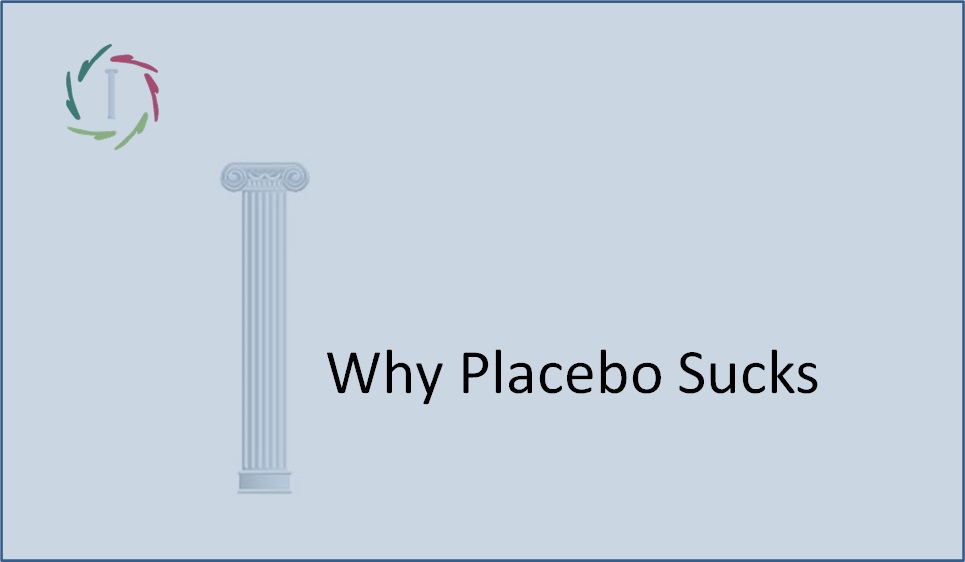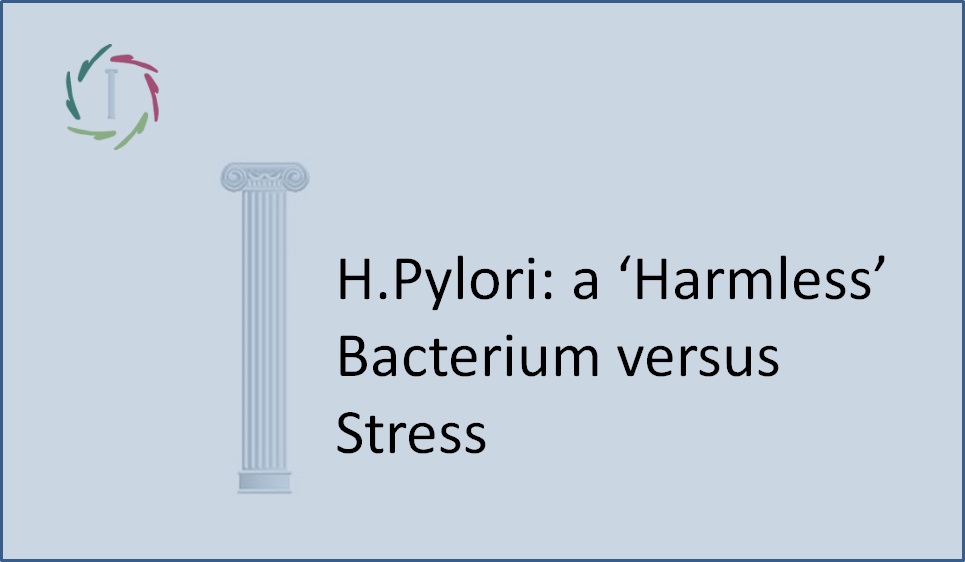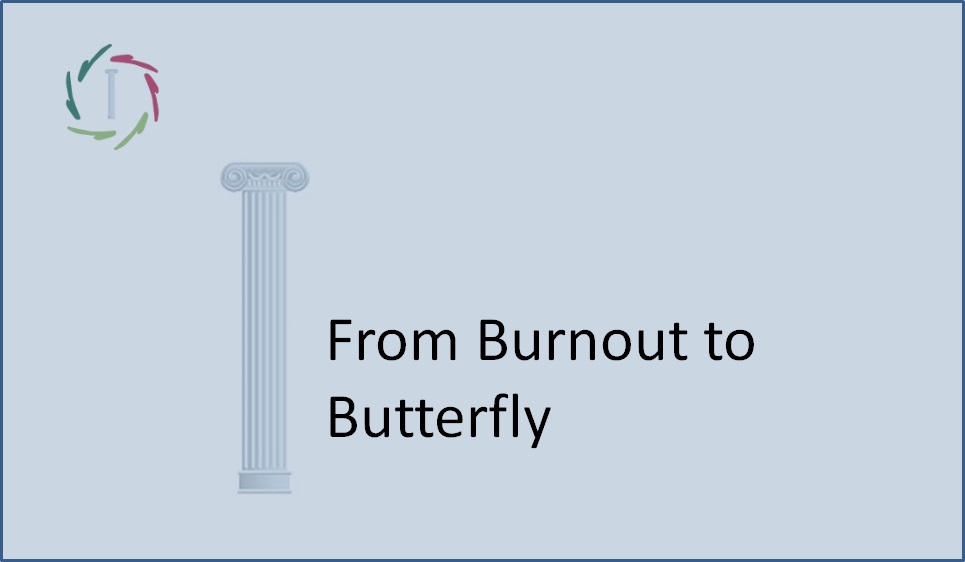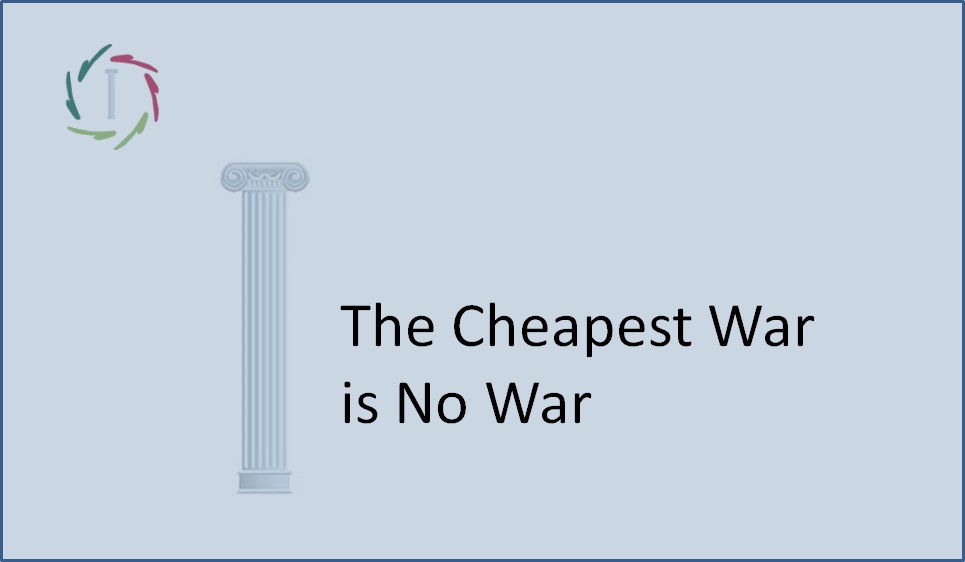45. Why Placebo Sucks

Main side-effect: the diminishment of self-reliance
If it does not harm, it is of no use
“No harm, no foul.” In the case of a pure placebo, this statement is absurd. It is based on the fact that there are at least no side effects.
If placebo has no effect, it also has no side effects because these side effects would then be an ‘effect’ themselves. But why would you then use a placebo and pay for it? On the other hand, if placebo did have an effect, there would also be possible side effects according to the same operating principle.
Can the effect be explained purely from the psyche? Then so are the side effects.
Since all kinds of experiments show that the ‘power of placebo’ is significant, this means that its side effects should not be underestimated. This is not an undangerous substance! It may seem harmless, but it is rather a mean wolf in disguise that everyone should pay attention to. This wolf comes across as normal because he has been widely present for thousands of years. So it seems like there’s nothing to worry about. Meanwhile, it looks like a lot of human suffering has nothing to do with this. In reality, it’s a vicious circle.
My vision: placebo is the cause of a lot of suffering that in itself stimulates the use of… more placebo. From a commercial point of view, this is interesting, but is it also human? Despite the urge for rationality, the use of placebo has never been more widespread than it is today. At the same time, we see a deluge of psycho-somatics and depression. Coincidence?
The crutch that makes itself indispensable
The placebo effect makes everything seem effective ― as long as it is something concrete, material, and easy to talk about. Paradoxically, of all things that are hardly tangible, the placebo effect itself is the most intangible one.
So we find ourselves in the strange situation where the means that would apparently have the least’ effect’ is just the means that really does have an effect, behind all kinds of things that would supposedly ‘work’ but in reality have no effect whatsoever.
Placebo is a closed door whose key is often tricky to find. This is also a ‘side effect’ of a placebo, namely, that it stands in the way of a solid combination of rationality and deep humanity. A metaphor: Placebo is like an unjustified crutch that makes one no longer use one’s leg. So the crutch makes itself indispensable.
Perhaps at first, there was little wrong with that leg.
But by constantly leaning on the crutch, the leg becomes atrophied over time, and then it will perhaps even be amputated. The crutch takes over the job of the leg. A natural walk, jumping, dancing gets replaced by staggering.
The main side-effect
The main side effect of a placebo can be euphemistically referred to as a reduction in self-reliance. By definition, a placebo is always symptomatic. The underlying problem is not being touched in an open way. It is not being invited to sustainable change. On the contrary: It is oppressed by placebo, locked up.
Also, in a broader field, placebo leads to a reduction in self-reliance, namely in the area of scientific progress. If all kinds seem to work (but in reality have no effect), the motivation to come to more profound, sustainable, truth-loving, and ultimately humanitarian solutions decreases. Common sense (this is: the beginning of all science) is the victim of this. All kinds of statements such as ‘as long as it works’ will then arise. One no longer wonders what exactly works in the product, and it is not asked what the treatment leads to.
Consequence: magical thinking becomes rampant
Let’s not give in to this. Sciencia vincere tenebras ― all the more reason to also look beyond the placebo scientifically and certainly never settle for less than the complete truth in that respect. My opinion on this is categorical: The most valuable aspect about being human is hanging in the balance!


